PROJETS & IMPACT > Digital Creativity
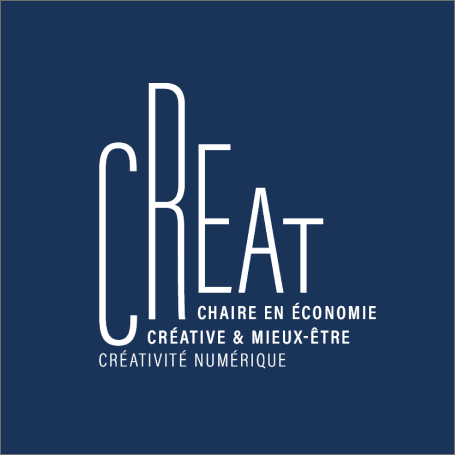
For this axis, digital creativity involves exploring the possibilities for developing and enriching the creative experience and facilitating the distribution of digital works.
In this area, the Chair focuses on the animation and visual effects industries, video games and immersive experiences, to stimulate innovation, encourage artistic creation and foster the emergence of new forms of cultural expression.
LATEST ACTIVITIES
-

Call for Papers – CREAT Symposium
The CREAT Chair, in partnership with the Hexagram Network, is issuing a call for papers…
-
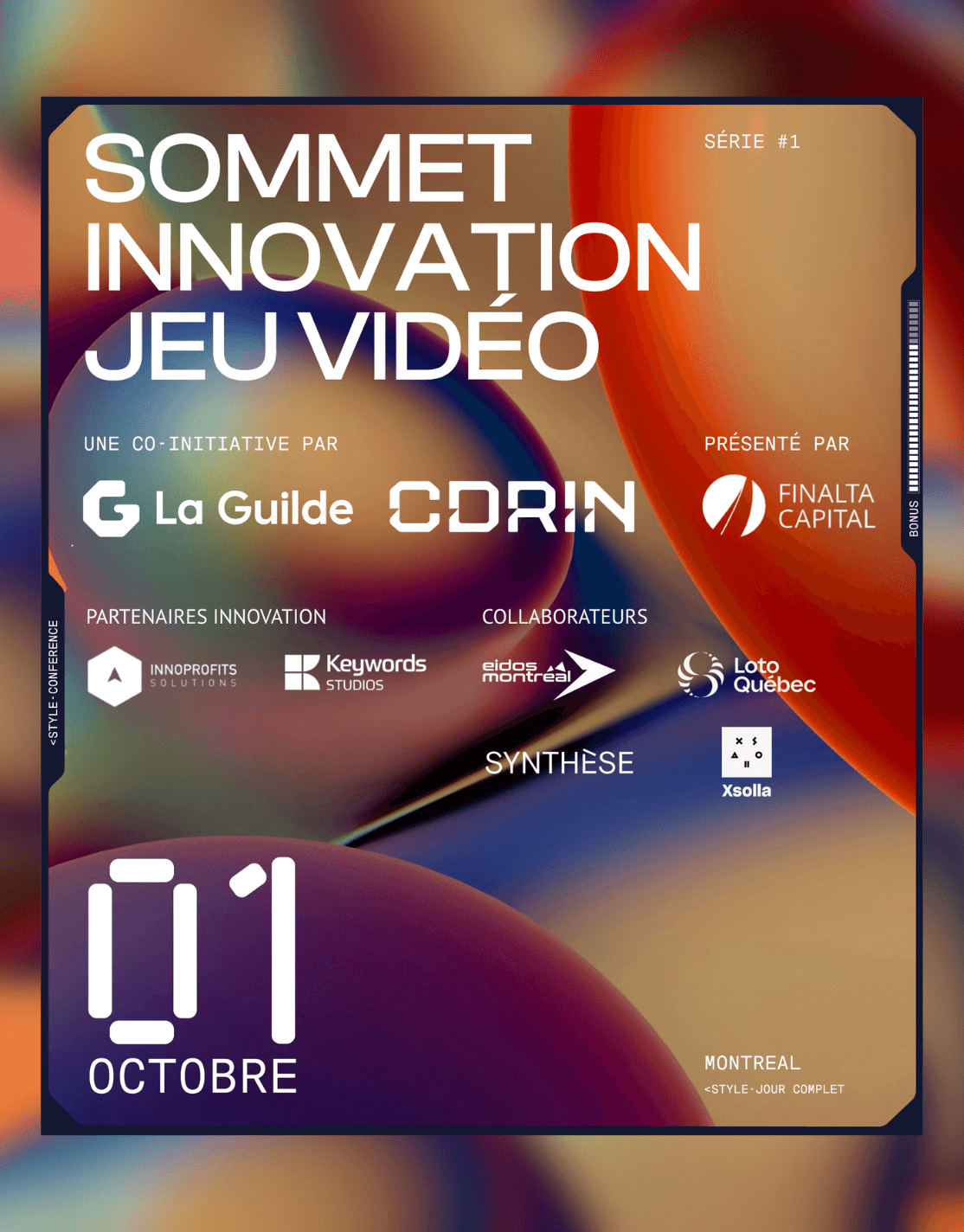
Laureline Chiapello at the Sommet de l’innovation en jeu vidéo
Professor Laureline Chiapello took part in one of the panels at the Sommet de l’innovation…
-
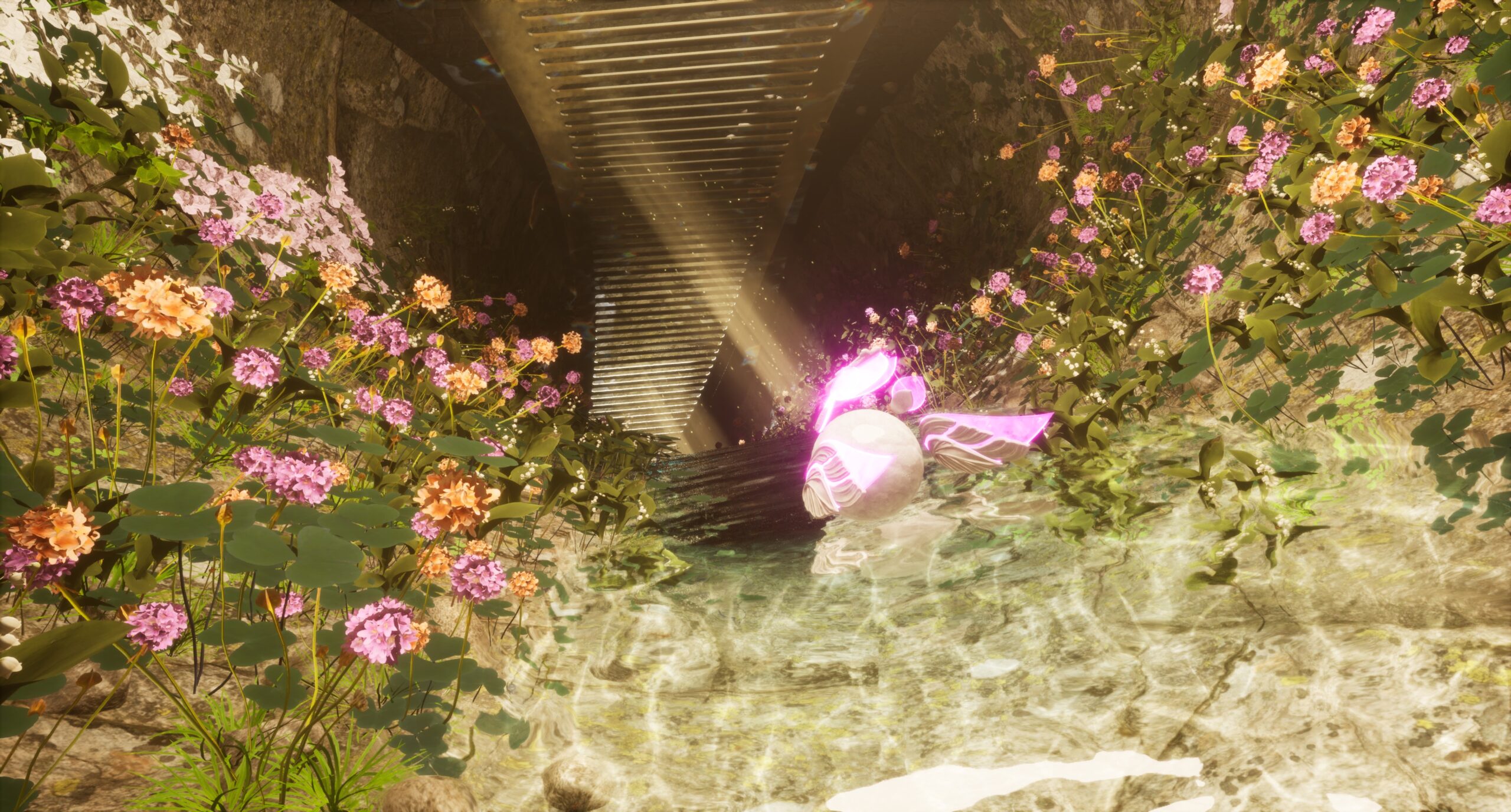
International and Local Reach of Research-Creation in Digital Creativity
The Digital Creativity axis plays an active role in promoting research-creation, both internationally and within…
DIGITAL CREATIVITY Media COVERAGE
-
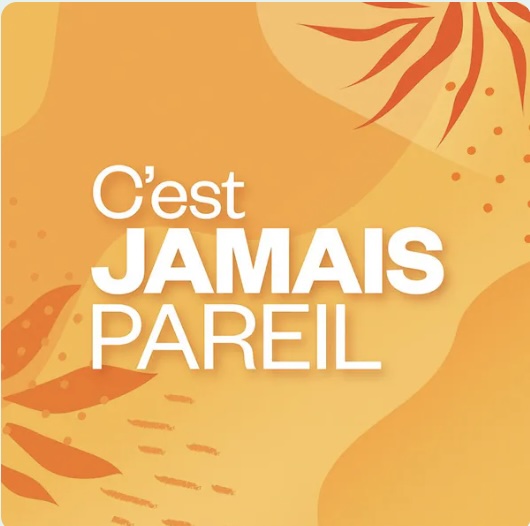
Laureline Chiapello Featured on “C’est jamais pareil” on Ici Première
Laureline Chiapello, professor at the École NAD-UQAC and lead of CREAT’s Digital Creativity axis, was…
-
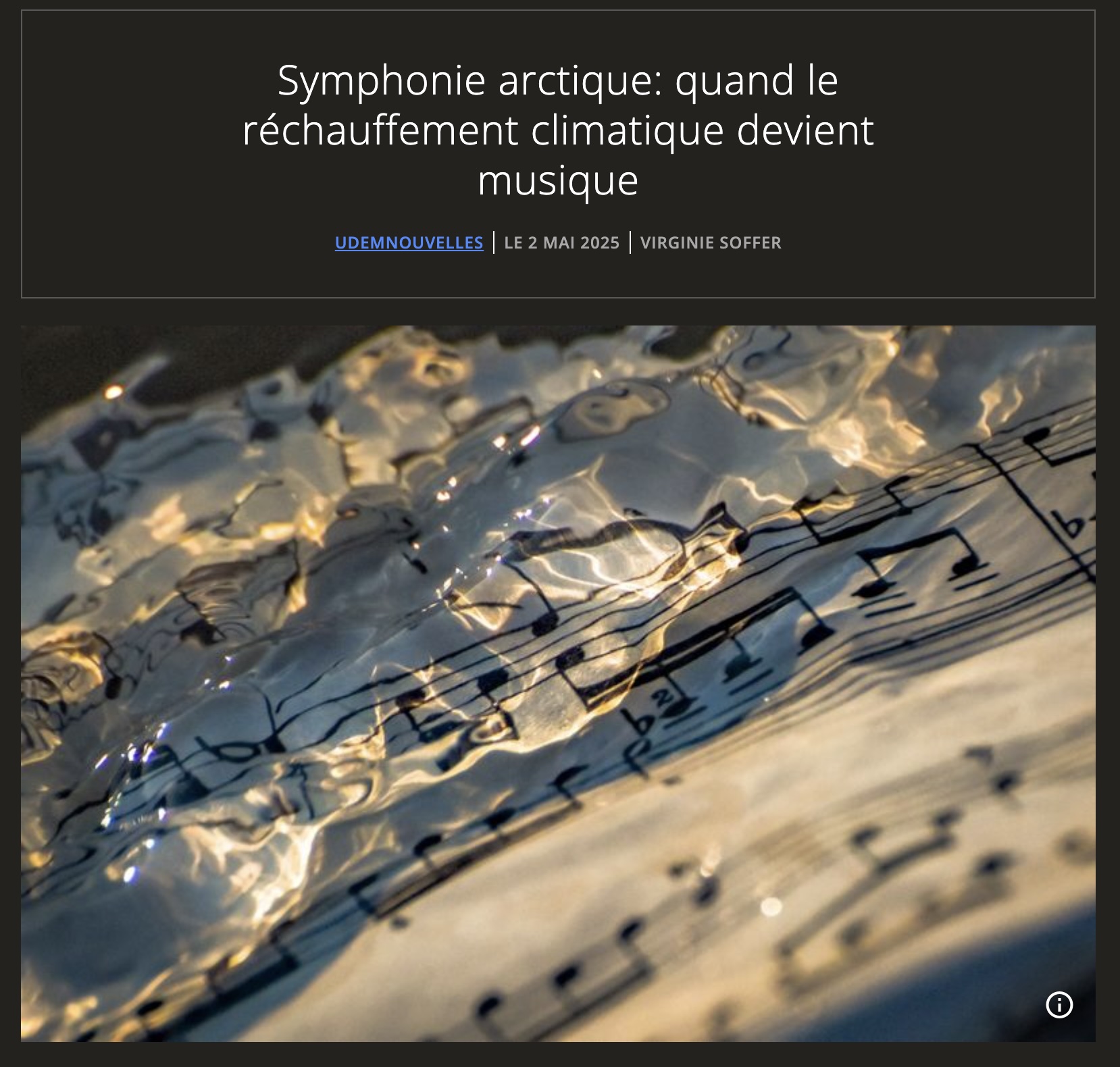
When climate data becomes music
The “Symphonie arctique” project, supported by the CREAT Chair as part of an interaxis collaboration,…
-
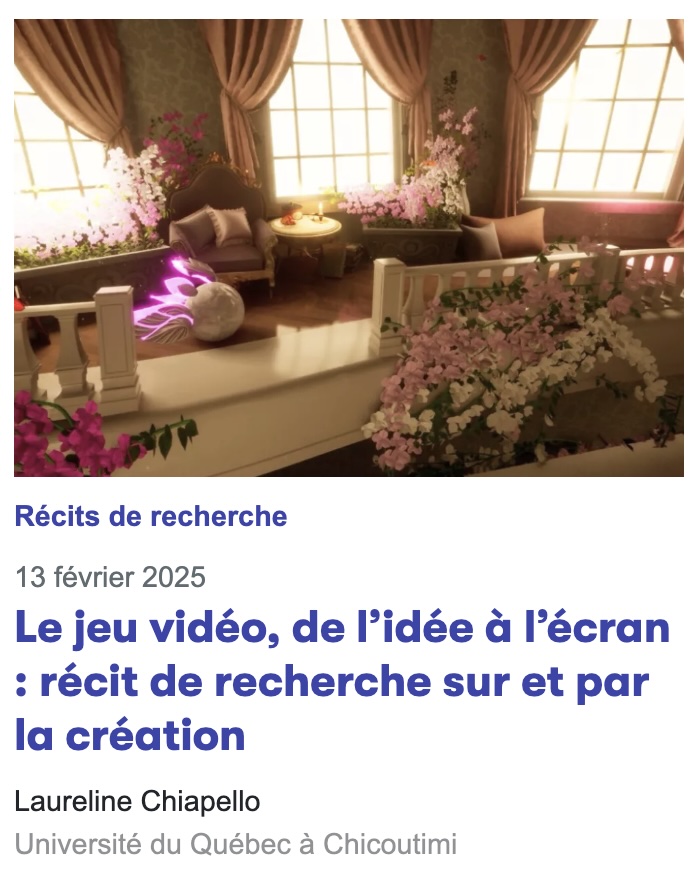
Laureline Chiapello’s in the Magazine de l’Acfas
Laureline Chiapello, header of Créativité numérique axis, has published an article in the “Récits de…
DIGITIAL CREATIVITY GRANTS
2025-2026 SCHOLARSHIP COMPETITION_DIGITAL CREATIVITY AXIS
> BOURSE DE RECHERCHE-CRÉATION
As part of its research-creation grants program, the Digital Creativity axis is pleased to announce the recipients of the 2025-2026 edition :
- Anaïs Carton | PhD at NAD-UQAC
- Caroline Champagne-Hinojosa | Admission to Master’s program at NAD-UQAC
- Coralyn Potvin | Admission to Master’s program at NAD-UQAC
- Gilles-Alexandre Boisclair | Master’s at NAD-UQAC
- Hugo Veillé | PhD at Université du Québec à Montréal
- Marine Penard | Master’s at NAD-UQAC
- Mélanie-Beby Robert | PhD at NAD-UQAC
Congratulations to all recipients!

> BOURSE D’initiation à la RECHERCHE-CRÉATION
This program is aimed at candidates who wish to learn about research-creation by participating in a project directed by a CREAT member (head or co-researcher).
The project must last 100 hours, spread over two (2) sessions.
GRANT VALUE | $2,500 (renewable)
> ELIGIBILITY
To be eligible for the competition, interested individuals must meet the following eligibility criteria:
- Participate in a research-creation project of a CREAT Chair member (head or co-researchers). Students supervised by a collaborator of the Chair may also enter the competition, but must ensure their eligibility by consulting the FRQ’s RGC;
- Be enrolled in a full-time or part-time undergraduate or graduate program;
- Be prepared to become a student member of the CREAT Chair;
- Address a research theme related to the creative economy and wellness, and particularly to the Digital Creativity Axis.
> APPLICATION PACKAGE
- A Proof of enrolment in a university program;
- Most recent academic transcript (uncertified copies accepted);
- Cover letter detailing the research-creation initiation project, as well as a description of assigned roles and responsibilities (maximum 2 pages);
- Letter from the person supervising the research-creation project, highlighting the candidate’s motivations, the quality of his/her application, the relevance of the project, its potential as a research-creation training program, and any other aspects (maximum 2 pages);
Application deadline | APRIL 1, 2025
> Evaluation
Applications will be evaluated by a committee of creatives and researchers. Results will be communicated by e-mail on May 1, 2025.
Evaluation criteria are as follows:
-Quality of the academic dossier (40%);
-Relevance of the project and aptitude for research, as demonstrated by the student and supervisor (60%).
Knowledge Dissemination
Funded individuals are required to acknowledge the support of the CREAT Chair in their scientific activities. A support package has been prepared for recipients. By participating in this competition, individuals agree to abide by the Chair’s dissemination rules and participate in the dissemination activities of the Digital Creativity Axis.
If you have any questions, please contact Naomie Allard, coordinator of the Digital Creativity axis, at the following address: naomie.allard@uqo.ca
This program is inspired by the Fonds de recherche du Québec’s Bourses d’initiation à la recherche, Société et culture sector.

